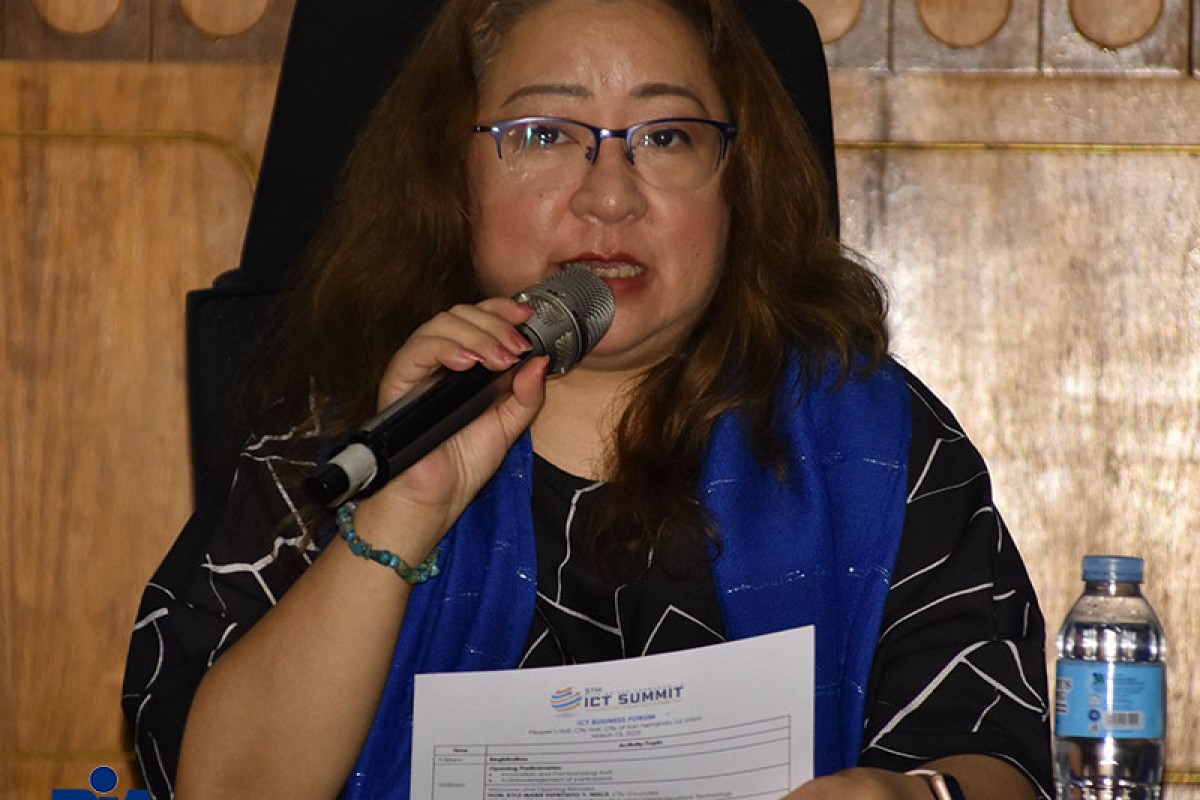Filipino women are continuously making a name in different industries, ceasing the stereotype that girls are for household chores only.
Some shine in entrepreneurship, artistry, and politics which is notably increasing over the years.
And now, as the world enters the digital era, women are here to prove that they can take the lead.
One of the living proofs of which is Jocelle Batapa-Sigue who is not only an advocate of digital innovation but also of women empowerment.
In fact, she was named as one of The Outstanding Women in Nation Service in the Philippines (TOWNS) in the field of Information and Communications Technology (ICT) in 2016.
Sigue was also recognized in various fields like Philippine Individual Contributor during the International Awards given by the Canadian Chamber of Commerce and Industry in the Philippines in 2014, an Eisenhower Fellow of the Philippines in 2012, and one of Asia’s Top 10 Young Leaders of the Philippines in 2009.
Currently, she is serving the country as the Undersecretary of the Department of Information and Communications Technology and a councilor of the International Technology Union, a United Nations specialized agency for information and communication technologies (ICTs).
Sigue said over the interview during the ICT Forum on Sunday that combining her advocacy and her voice, she created the DIWA which stands for Digital Innovation for Women Advancement.
DIWA aims to harness the role of ICTs to advance gender equality and empower women to actively participate in building an inclusive and sustainable digital future.
According to her, she is making all these efforts because she believes that women’s right is only effective when it is accompanied with strategic works.
Despite these efforts, Sigue acknowledged that the number of women involved in ICT disciplines are still low.
In addition, she also emphasized the shortage of skilled workers in the country and likewise the participation of women in ICT disciplines especially in complex ICT skills such as software development, programming, and all sorts of emerging technology.
That is why she is encouraging all the stakeholders, especially the education sector to create more strategic plans to encourage women to enroll, whether in informal ICT courses, formal ICT professions, or skills with ICT certifications.
Sigue concluded that women should be given part of the digital economy by improving their skills, providing access to technologies, and creating an ecosystem that erases the stigma of women going to ICT.
She quoted, “The call for women’s rights, if not accompanied with strategic action, is just an empty call, so we must step forward and work together for gender equality.”
Sigue made a lot of contributions to the development of ICT in the country and made remarkable achievements that continuously inspire the youth especially the women in creating a name in the ICT industry and in the digital development of the country.
Truly, Sigue proves that women can lead in a man-dominated industry, thus signifying an advanced empowered woman in this digital era. (JCR/AMB/KDM/PIA Region 1)




